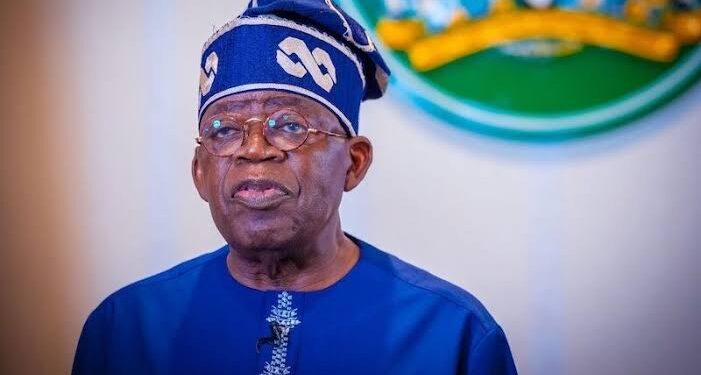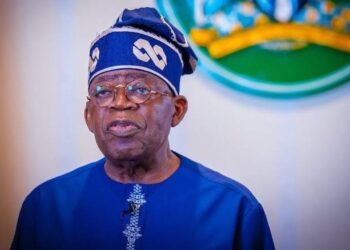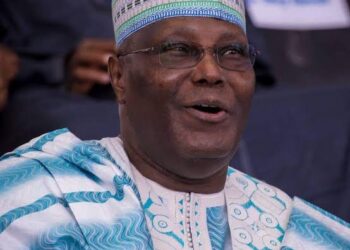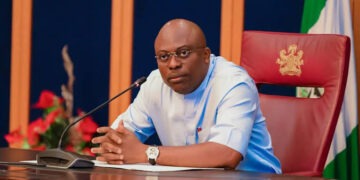The Socio-Economic Rights and Accountability Project (SERAP) has urgently called on President Bola Tinubu to make public the details surrounding the selection of the next Chairman of the Independent National Electoral Commission (INEC). The current chairman, Professor Mahmood Yakubu, completes his 10-year tenure in November 2025, after serving two five-year terms. Therefore, SERAP stressed that the INEC Chairman Appointment Process must be transparent. The group wrote a letter, dated September 27, 2025, asking the president to disclose specifics of the selection and replacement of Yakubu.
Transparency Demanded for INEC Chairman Appointment
SERAP’s deputy director, Kolawole Oluwadare, signed the letter. The organization demanded clarity on several key aspects of the INEC Chairman Appointment Process. Specifically, they asked for the number and names of candidates for the INEC Chairman position. They also asked whether the President has consulted, or will consult, the Council of State, as the Constitution requires.
SERAP stated: “The selection and appointment process for Mr Yakubu’s replacement cannot and should not be ‘a closed shop.’ A transparent and accountable process would serve legitimate public interests.”
H3: Reconsidering Partisan Nominations for INEC Leadership
Significantly, the group urged Tinubu to “use the opportunity of the INEC Chairman Appointment to reconsider your appointment of at least three alleged members of the All Progressives Congress (APC) as Resident Electoral Commissioners (RECs) of the INEC.” SERAP demanded the President nominate non-members of any political party as replacements.
Constitutional Basis and Legal Threat
SERAP rooted its demand for disclosure in the 1999 Constitution (as amended). Section 154(1) provides that the President appoints the INEC chairman, subject to Senate confirmation. Moreover, the same section mandates the President to consult the Council of State before making the appointment.
SERAP stressed that openness promotes inclusivity and guards against partisan control of the electoral body. Conversely, the group warned that secrecy would undermine INEC’s independence and Nigerians’ right to a free and fair election.
The group stressed that anyone appointed as INEC chairman must clearly be non-partisan, independent, impartial, and neutral. INEC officials ought to discharge their legal duties without fear or favour.
SERAP issued the government a seven-day ultimatum to comply with its recommendations or face legal action in the public interest.
Crucial INEC Appointment Ahead of 2027
Yakubu, who first took office in 2015, oversaw two general elections in 2019 and 2023. His leadership of the commission drew mixed reviews, with praise for logistical improvements and criticisms over technology deployment and result transmission.
His imminent exit makes the upcoming INEC Chairman Appointment one of the most consequential ahead of the 2027 general elections. Therefore, SERAP’s push for a transparent selection process is viewed as a critical step toward electoral integrity.





































